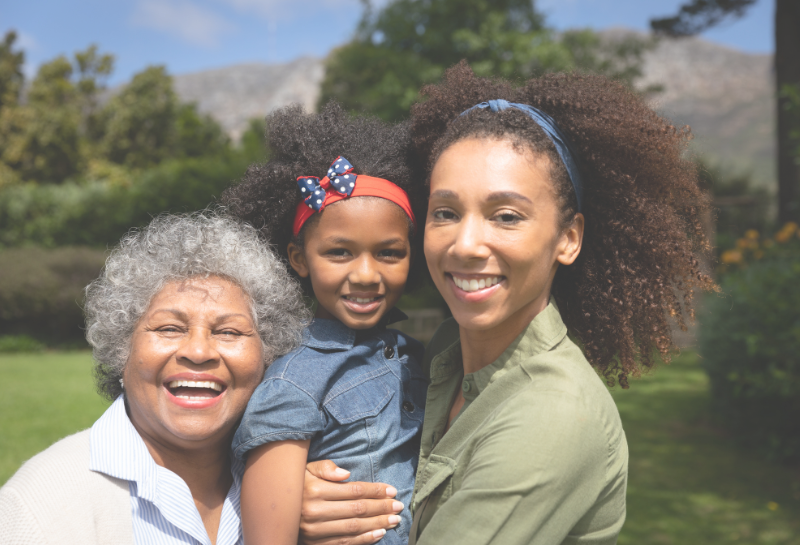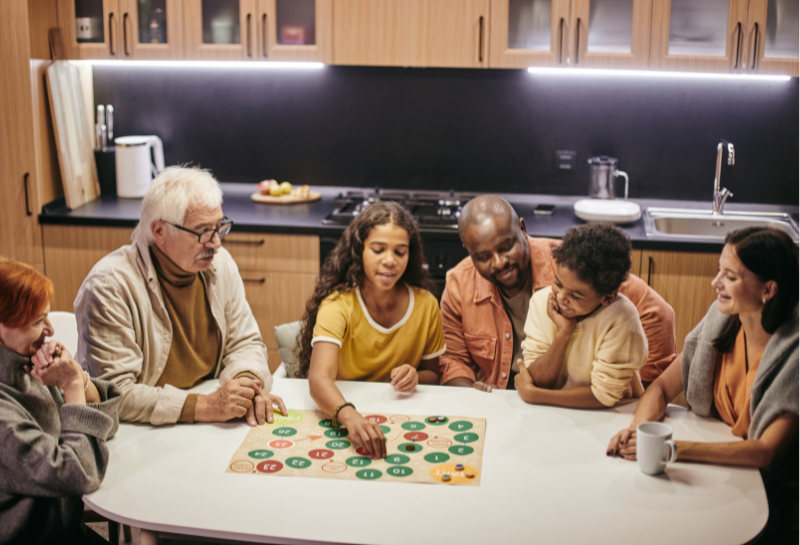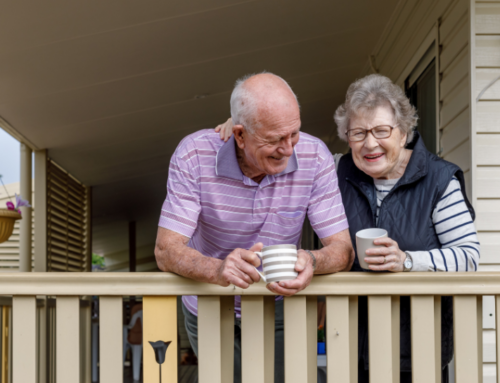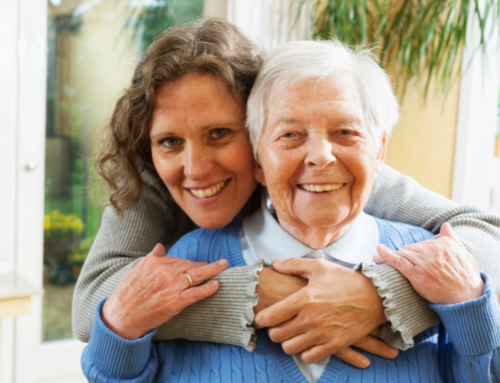8 Great Benefits of Volunteering
Volunteering has enormous benefits for participants, those they help, and even on society in general. Unfortunately, only 25% of Americans volunteer. Those who don’t volunteer may have many valid reasons not to do it, including being busy, not knowing how or where to volunteer, and more recently, personal safety concerns. However, volunteering doesn’t need to entail a long term commitment, long hours, or a safety risk.
Below is a list of benefits that volunteering can have on you and others.
Volunteering can:
- Be a highly-gratifying experience. Volunteering provides a valuable sense of meaning, purpose, and fulfillment. Gordon Hinckle summed this up perfectly: “One of the great ironies of life is this: He or she who serves almost always benefits more than he or she who is served.”
- Lead to higher self-esteem. It’s proven that helping others boosts people’s self-esteem and make them feel good about themselves.
- Fight anxiety, stress, and anger. Volunteering is a great way to offset the negativity and uncertainty that has been brought on by COVID, by improving your well-being, mood, and happiness.
- Improve your work skills. Becoming a volunteer allows you to learn and practice valuable work skills such as communication, teamwork, problem-solving, etc.
- Strengthen your community. Volunteering expands your social network and can allow you to feel better connected with members of your community. It instills important values like solidarity, empowerment, mutual trust
- Improve society. A society with a higher number of volunteers can lead to its members feeling a greater sense of happiness and well being.
- Lead to reciprocity. In 10, 20, or 30 years, you may find yourself needing help from others. Volunteering now allows you to pay it forward.
- Change people’s lives. Whether it’s an underprivileged person receiving food, an older adult getting a phone call, or a special-needs child being tutored, volunteering changes people’s lives.
At DuPage Senior Citizens Council, we are committed to our senior’s well-being, socialization, and security. We offer multiple services that promote senior independence and livelihood, including home-delivered meals, well-being checks, friendly visits, and more. These activities help seniors avoid social isolation, which can affect their physical, mental, and emotional well-being. However, due to social distance measures that were put in place, many of these services are temporarily on hold.
However, we created an alternative to our friendly visit program that follows social distancing measures called Friendly Phone Call Service. It seeks to provide older adults with the one-on-one connection they need to avoid social isolation. Volunteers in the service call a senior three times per week for 15 minutes, or so. These calls provide an opportunity for volunteers and seniors to get to know one another, share stories, experiences, and potentially establish a lasting friendship.
For older adults and volunteers, it provides many of the benefits of volunteering without exposing anyone to the risks of COVID-19. It’s easy to sign up to become a volunteer and very convenient to participate in the program. Volunteers can call from the comfort of their homes, before or after work, or on their lunch breaks. Having someone to talk to, even if it’s for only an hour a week, can have a significant impact on the lives of older adults.
If you want to be a Friendly Phone Service Volunteer, you can sign up here:
More Articles That Might Interest You
Corporate Compassion Care for the Sandwich Generation Workforce
Corporate Compassion Care for the Sandwich Generation Workforce Have you considered your organization's compassion in the lives [...]
The Caregiving Balancing Act: Support Systems for the Sandwich Generation
The Caregiving Balancing Act: Support Systems for the Sandwich Generation Are you juggling the dual roles of [...]
HR Champions of Aging-in-Place: Fostering Intergenerational Connections
HR Champions of Aging-in-Place: Fostering Intergenerational Connections Attention HR leaders and professionals! “ The more HR and [...]











